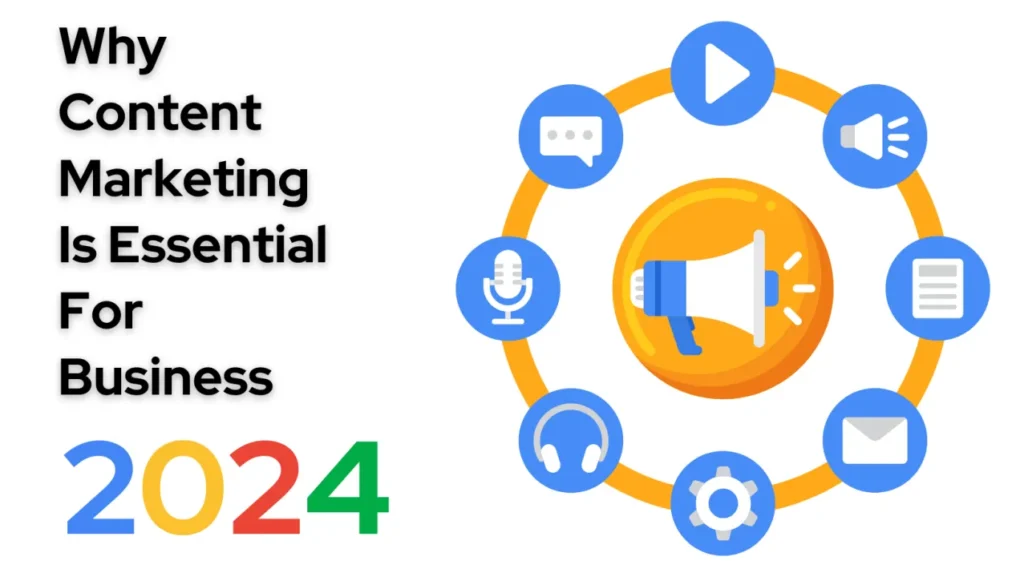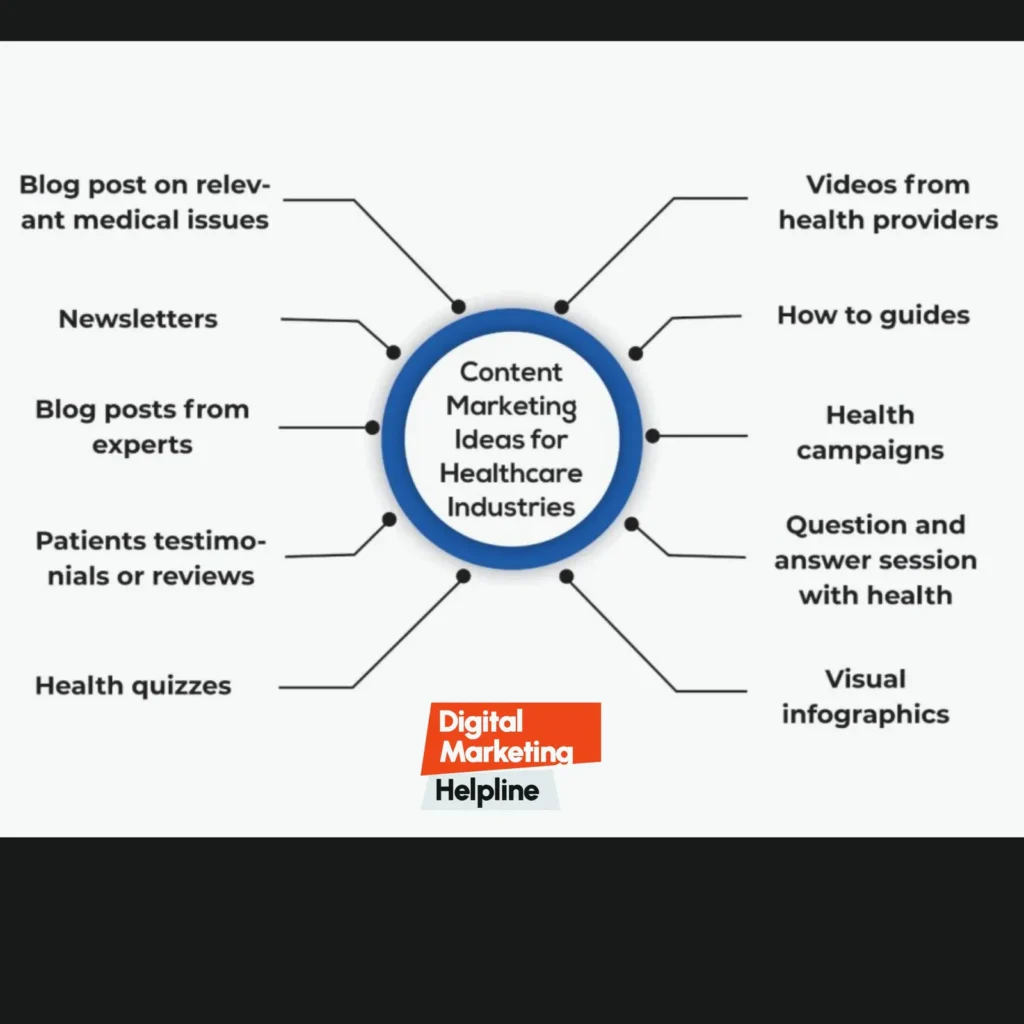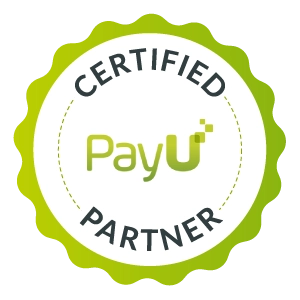Enhancing Patient Engagement: content marketing strategies for healthcare

In the fast-pacing healthcare revolution, content marketing has demonstrated itself as a pivotal powerhouse for all healthcare providers and healthcare business enthusiasts. When most patients check for online information in the comfort of their home, a reliable content strategy may have a significant response to patient engagement, building rapport and overall business profitability.

why content marketing in healthcare actually matters?

- Starting with the first impression, high-quality content can place the authority of your healthcare beyond doubt. When patients locate precise, reliable information on your website, they can trust the expert opinion.
- Second, content helps patients make informed decisions about health and treatment. In a world of new diagnoses and treatment options, patients can make better choices.
- High-quality content means receiving additional patient traffic. Patients can look for items related to health by typing in keywords on your website increasing how our website ranks.
Our Goal: Organic Ranking on Google: content marketing strategies for healthcare
Our main focus, as we dive into this ocean of content marketing, will be How to Enhance Patient Engagement while at the same time ranking organically on Google. We desire to see more engagement as we offer valuable perspectives and actionable suggestions on how to promote fresh business opportunities to start-up business owners and entrepreneurs in our healthcare profession.
2. The Role of Content Marketing in Healthcare Practices
Why Content Marketing Matters for Healthcare Businesses?

Consistent publishing of reliable and informative content helps you to establish yourself as an expert in the industry. Moreover, when patients search and watch your inspirational content, they get the answers to their questions,
1.Building trust and confidence:
- Better-informed patients can make more informed decisions. Similarly, when you address your patients’ primary concerns and inquiries, they will trust you more as a reliable source.
- Patient Education and Empowerment:
- Content is an excellent tool for educating the masses: You can share solutions to common health problems, types of treatments, preventative measures, and healthy living through blog posts, videos, and infographics.
- Content Marketing enhances your Brand Visibility and Organic Traffic :It determines your web presence. Patients today source most health-related information online. When you offer useful and well-optimized content, anytime someone searches for help online, your content will pop.The traffic your website gets organically boosts its authority.
- Nurturing alternate Relationships with your Patients. You will engage your patients outside the clinical setup. You can share success stories, health tips, and short updates. When you offer entertaining and straightforward content about every aspect of health, you will keep your patients coming back.
Our Design: How to Empower content marketing strategies for healthcare
our marketing strategy remains unique as we think about the healthcare industry. They are designed based on the assumption that our material will fit business people.
1.Educate : From elaborate concepts to severe definitions and campaigns to move howling people, to drive amateurs to run, we will make new words easy to read.
2.inspire : Case studies, examples, and well-explained success stories motivate the readers who read and try out what we have taught them.
3.lead : Simple how-to instructions will help our audience confidently and motivatedly do click and marketing.
- Tell a tale: the original form of material advertising
The Power of Storytelling in content marketing strategies for healthcare
Stories are the pulse in the noisy world of healthcare where data, diagnosis, and treatment matter. Stories differentiate from clinical noise, and when created correctly, they make the content’s heart beat. Here is how storytelling is the core of any impactful content marketing:
- Emotional attachment: stories create emotions. Whether it involves patient recovery, dedication, and commitment of healthcare providers or discovering a new treatment, stories generate a more personal story. When patients are emotionally attached, they will most likely remember your brand.
- Relatability: eHealthcare is overwhelming, and patients wonder through vulnerability, fear of the unknown path. Stories normalize these feelings; it assures the patient they are not the only ones with health struggles.
- Memorable: numbers and figures vanish with time, but stories remain. Your patients can forget a data about your brand, but they will remember a story about patient success or accounts about how one overcame a challenging situation. They will come back.
Infusing Storytelling in content marketing strategies for healthcare
- Patient’s stories – introduce the patient through an interview process with their consent. Share their struggles, success, and your role in their successful health journey. Make the story about a real person, including real names as much as possible.
- Behind the mirror – allow your patients to get a glimpse of what happens behind the scenes. Tell them about your team’s passion, the sleepless night, and moments of joy and tears. Make an emotional bond with the target.
- Case studies – these entail actual situations that you’ve dealt with. They range from symptoms, diagnosis, treatment plans, and outcomes of the care process. Make sure the audience is engaged by use of storytelling.
4.Personalization : tailoring Content to individual Health Needs
it’s your staff: nurses, surgeon, procurement, administration, etc. Your patients need to attach faces to your care processes. Let them know who was the pediatrician who treated their baby last night.
1.Begin by segmenting your audience :
- Factors like age, any existing health conditions, personal preferences, etc. should be considered.
- Create content buckets for different patient groups : For example, content for expectant mothers should be different from content for seniors.
- Customizing Content Delivery
- Use available data to further personalize content delivery. For instance, if a patient has demonstrated interest in diabetes management, send them relevant articles or videos.
- Educate patients through email newsletters, SMS alerts, patient portals, etc.
3.Health Education Plans
- Develop personalized health education plans for each patient. Include recommended diets, exercise routines, mental health tips, etc.
- Address some of the specific health concerns and give actionable steps.
Examples of Personalized Content Approaches
- Condition-Specific Blogs
- Create a series of blogs around a particular health issue such as diabetes, hypertension, mental health, etc.
- In each blog post, answer some of the FAQs on the disease, its symptoms, how to manage it, etc.
- Interactive Quizzes and Assessments
- Ask the patients to participate in health quizzes. For example, “Are You at Risk for a Heart Disease?”
- Depending on the answers, give them personalized feedback or a consultation.
- Appointment Reminders and Post-Appointment Content
- Remind patients about their upcoming appointment. Make it personalized.
- Send post-appointment content such as recovery tips or FAQs about their visit.
- Leveraging Social Proof : Patient Success Stories and Testimonials
Patient Behavior Change and Social Proof
1.The Change in Patient’s Behavior
- Patients now seek information online on healthcare providers before making choices.
- They want to find reassurance, credibility, and validation in other people’s experiences.
2. The Role of Social Proof - Social proof refers : evidence that others have used and benefited from your practice or hospital.
- Patient success stories : testimonials, and online reviews function as an excellent social proof.
Creating Patient Success Stories
1. Authenticity Matters:
- Share real patient stories. Use actual patient names where possible but only if you have their consent.
- Tell the challenges they faced, how you treated them, and the outcomes. Be honest.
- Emotional Connection:
- Narrate the fear before surgery, relief after recovery, and joy with a baby.
- Readers relate to emotions, and stories exposed as they are feel authentic.
- Before-and-After:
- Display images if necessary, ensuring patient privacy.
- Before image with a patient struggling with dental problems and an after with a shining smile suggest more.
Testimonials: From Patients and Peers
- Patient Testimonials:
-
- Encourage patients to talk about their experiences.
- Peer Endorsements:
- Physicians mentioning their colleagues carry much weight.
- Exploring New Content Formats and Distribution Channels
Embracing Content Diversity:
1.Video Content:
How-to short videos:
- Health Tips: Regular health suggestions to overcome basic issues.
- Patient Stories: 10s or 20s success stories, patient interviews.
- Behind the Scenes: Video of the clinic, staff, and facilities.Make videos SEO-optimized by adding keywords in titles, descriptions, and tags.
- Podcasts:
- Creating a podcast can bring patients with problems and make inquiry.
Choosing the Right Channels:
Content for different platforms:
- Instagram: Visuals, patient stories, health tips.
- LinkedIn: Thought leadership items for professionals.
- Facebook: Community, LIVE Q&A.
- Email Newsletters:
- Personalize content that cultivates an email list.
- Collaborate with Influencers
- Building Trust: Overcoming Misinformation and Mistrust
Pandemic Challenges During the pandemic:
- Infodemic: the following major problems occurred-The spread of information – from accurate to false. Patients cannot understand which source information is true and what is fictitious.
- Erosion of Trust. The mistrust of the population increased, and the population began to doubt the veracity of what institutions said.
Developing the following strategies will help you combat Desinformation and Increase Patients’ Trust:
1.Be Transparent and Authentic:
- Numerous myths typically exist around medicine. To earn patients’ trust, tell them about your healthcare practice.
- They need to have detailed insights into procedures and protocols, safety measures, staff qualifications. Patients will trust if the specialist speaks in layman’s terms and does not insert medical jargon.
2.Check Facts and Debunk Myths
- Use credible sources of information, conduct fact-checking, and myth-busting. Share content that educates patients by debunking pertinacious health myths. Remember to note this information using evidence from research and studies.
3.Patient Education:
Teach patients on how to identify misinformation, fake news, and hoaxes. Equip them with critical thinking faculties such as identifying red flags, verifying sources, and demand evidence.
8.Conclusion
Thus, this topic is an introductory conversation in developing content marketing for a healthcare organization. We have discussed the right strategies to engage in with patients, win their Trust and Determine what you need to obtain, improve, and grow the digital sector. Therefore, below is the roadmap: Content is the Bridge Empathy First SEO is About People Stay Curious A Patient-Centric Approach













